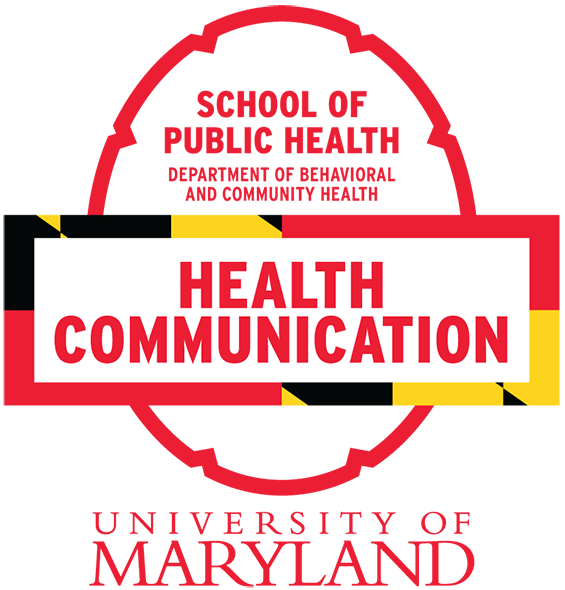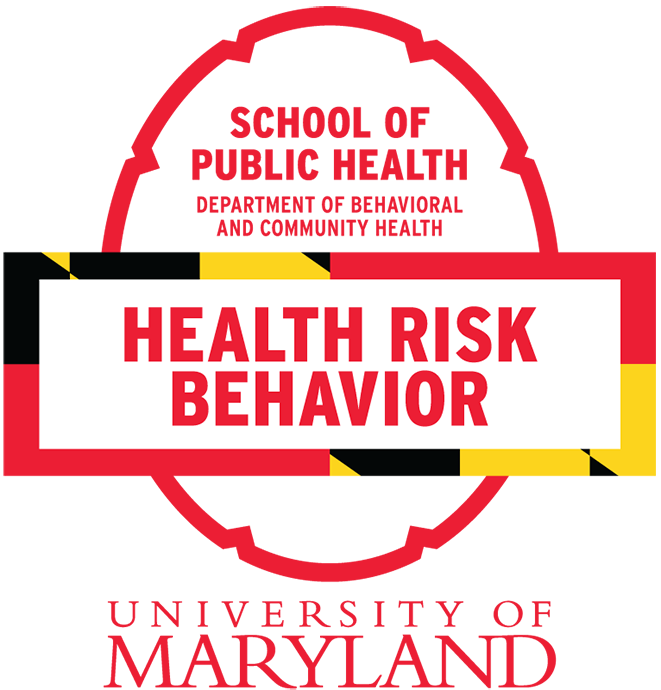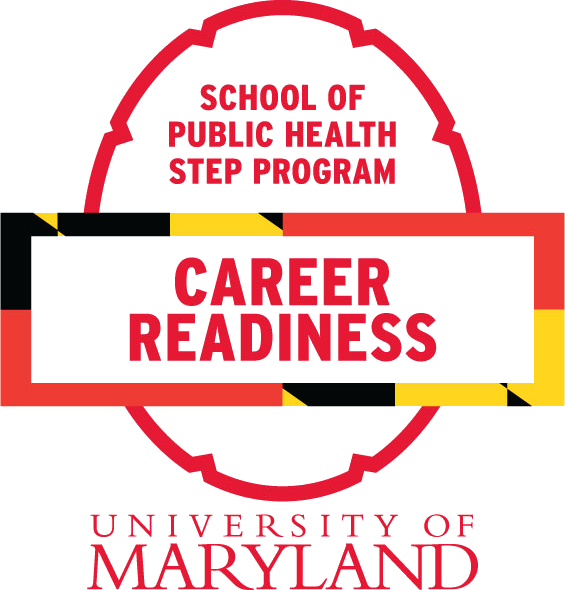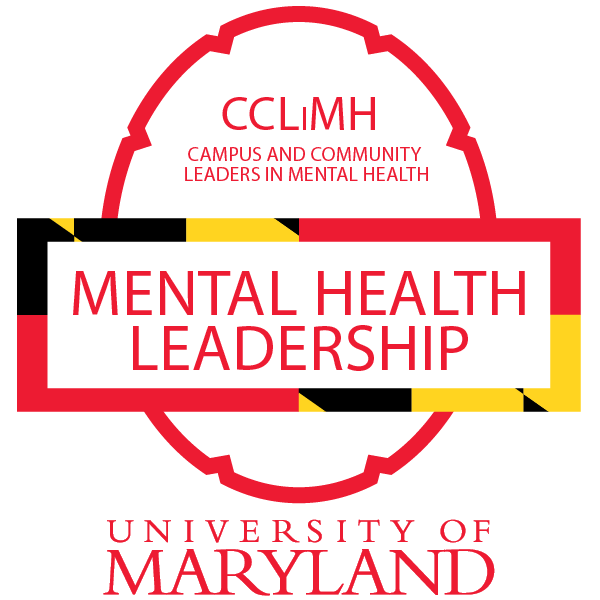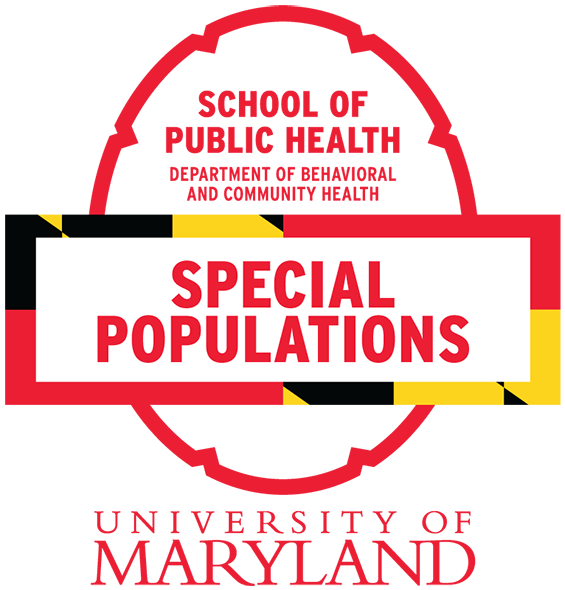
Special Populations
To earn this badge, students explore the life circumstances and related bio/psycho/social conditions that warrant special attention in understanding health risks of populations.
People with characteristics or circumstances that have unique health implications may include the groups and subgroups such as: women, children, ethnic minority groups, people with disabilities, the LBGT community, older adults, and people living in poverty, as examples. By Students will examine specific health risks and approaches to addressing these risks.
Program Requirements: Students will take 12 credits of classes. At least 6 credits must be within the Department of Behavioral and Community Health and 6 credits may be taken outside the department. No more than 6 credits of independent study may be used, and must be separated into two different content areas.
Students must earn a C- or higher in each of the courses to be awarded the badge and submit a final reflection describing the skills they have learned in health communication as a result of the cluster of courses.
Applicable HLTH Coursework (at least 2 courses)
- HLTH240: Am I Not a Man? Contemporary Issues in Black Men's Health
- HLTH244: Public Health and Aging
- HLTH325: Poor in America-Health and Wellbeing
- HLTH424: LGBT Health
- HLTH460: Minority Health
- HLTH471: Women’s Health
- Guided Independent Study with DBCH faculty person (must be approved)
General examples of applicable classes that could be taken outside of the major (maximum of 2 courses)
- AASP100: Introduction to African American Studies
- AASP189I: HIV/AIDS in a Global Perspective
- AASP230: Social (In)Justice and African-American Health and Well-Being
- AASP 265: Constructions of Manhoof & Womanhood in the Black Community
- AASP 298D: African American Health Disparities and Social Justice
- AAST200: Introduction to Asian American Studies
- AAST 398I: Asian American Mental Health
- AAST398W: Selected Topics in Asian American Studies: Transpacific Sexualities
- ANTH265: Anthropology of Global Health
- ANTH 414: Women’s Health, An Ethnographic Approach to Reproduction and Politics
- AREC 260: The Science of Gender in Economics and Development
- CCJS325: Slavery in the 21st Century: Combating Human Trafficking
- COMM 324: Communication and Gender
- FMSC190: Man Up! Where Are the Fathers?
- FMSC310: Maternal, Child and Family Health
- FMSC332: Children in Families
- IMMR200: Introduction to Immigration and Migration Studies
- ISRL329A: Special Topics in Israel Studies: Israel’s Arab Minority—Past, Present, Future
- JWST319L: Special Topics in Jewish Studies: Jews in Latin America
- LGBT200: Introduction to Lesbian, Gay, Bisexual, and Transgender Studies
- LASC235: Issues in Latin American Studies II
- SOCY 236: Gender and Health
- USLT498B: US Latina/o Studies: Special Topics—Latinas/os and US Popular Culture
- WGSS 200/WMST 200: Intro to WGSS, Gender, Power, and Society
- WGSS 250/WMST 250: Intro to WGSS Art and Culture
- WGSS 290/WMST 298D: Women’s Bodies and Contention
- WGSS 452/WMST 452: Women in the Media
PEER Education: 3 credits
For more information: School of Public Health or email
